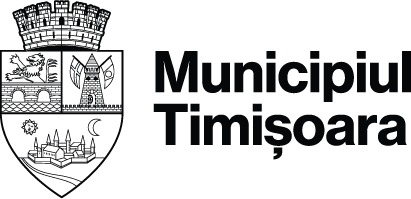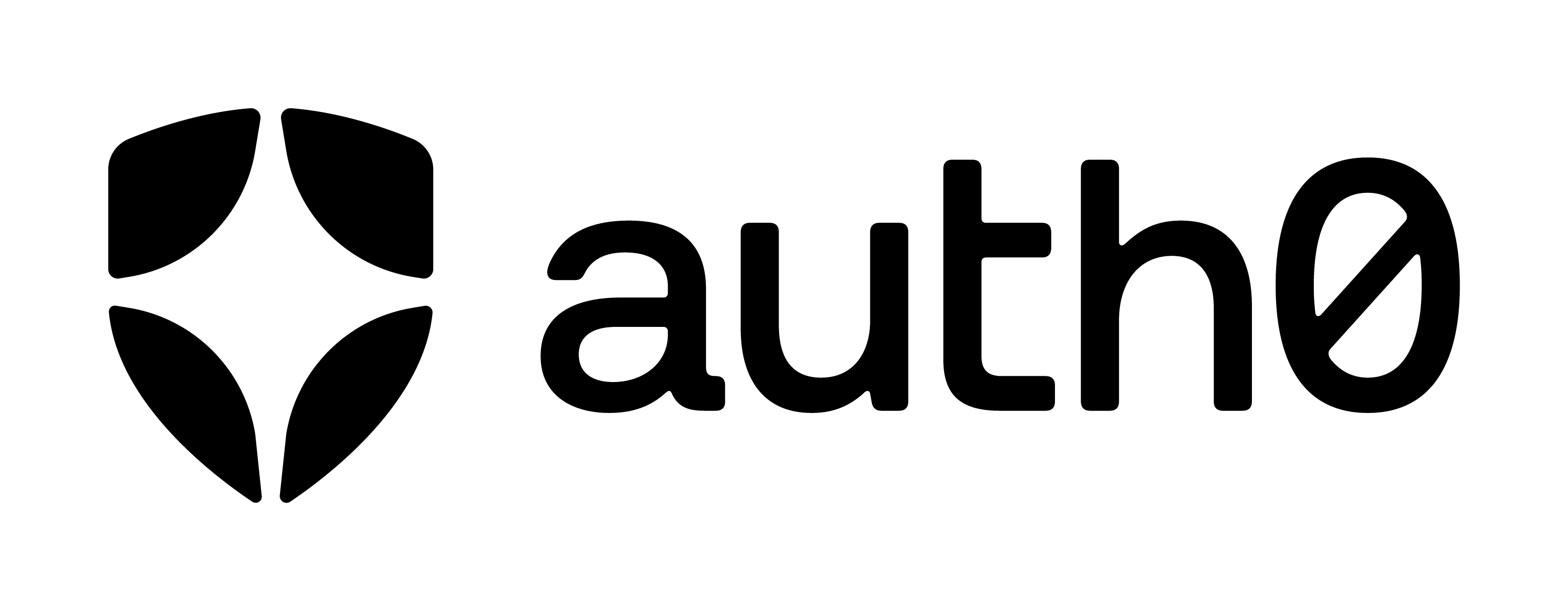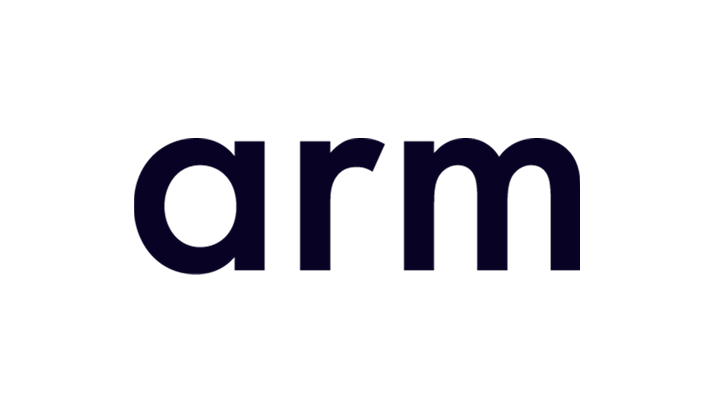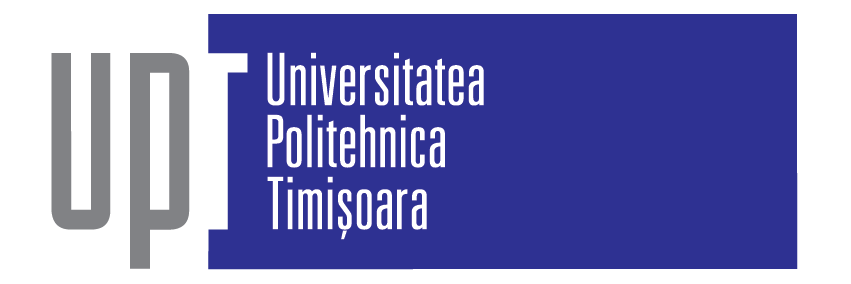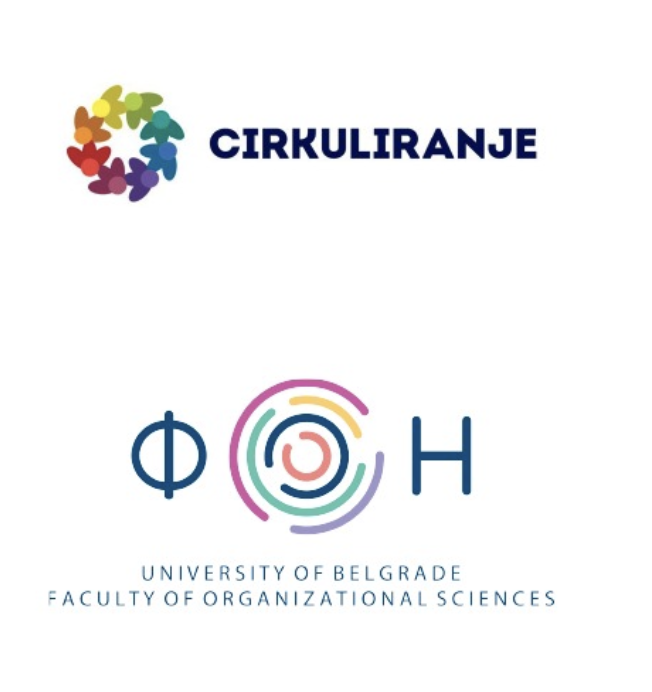Grand Prize
2000 EUR / team
1 - Culture & Entertainment
The Culture & Entertainment track explores how digital solutions can drive cultural innovation and creative expression. Participants are invited to design tools and platforms that enhance access to culture, support artistic initiatives, and create new forms of entertainment.
2 -Sustainability
The Sustainability track encourages participants to take active part in a greener future by developing solutions that reduce environmental impact and promote long-term change.
3.0 - Private Services
The Private Services track challenges participants to rethink how businesses operate. The goal is to design services and solutions that increase efficiency and accelerate innovation across different industries.
3.1 - Public Services
The Public Services track invites participants to develop solutions that make services faster, more transparent and more accessible, contributing to a smarter and more efficient city.
Project examples:
City Hall is exploring LLM integration for these datasets.
Best Use of Gemini API
Google Swag Kits
It’s time to push the boundaries of what's possible with AI using Google Gemini. Check out the Gemini API to build AI-powered apps that make your friends say WHOA. So, what can Gemini do for your hackathon project?
-
Understand language like a human and build a chatbot that gives personalized advice
-
Analyze info like a supercomputer and create an app that summarizes complex research papers
-
Generate creative content like code, scripts, music, and more
Think of the possibilities… what will you build with the Google Gemini API this weekend?
Best Use of Solana
SenseCAP Card Tracker
The world of development is evolving fast and Solana is leading the charge with a network built to handle all of your infrastructure needs. Forget high fees and slow confirmations, it’s time to build applications that are fast, efficient, and scalable.
Harness Solana's core advantages like blazing fast execution and near-zero transaction costs to make your hackathon ideas become real world projects. With Solana, the possibilities are endless.
-
Create a game, social app, or consumer product that relies on instant, high-frequency transactions.
-
Design a sophisticated trading, lending, or decentralized exchange (DEX).
-
Build a prototype for supply chain, identity, or payments that can handle massive, real-world volume.
Show us how you can innovate with Solana for a chance to win some cool prizes for you and each member of your team!
Best Use of DigitalOcean Gradient™ AI
Retro Wireless Mouse
DigitalOcean GradientTM AI is a unified AI cloud for building, training, and deploying machine learning models and AI agents. Get access to GPU infrastructure like DigitalOcean GPU Droplets and Bare Metal servers, along with serverless inference and 1-Click Models for instant deployment of your favorite LLMs!
Sign up for DigitalOcean today and get $200 worth of free credits that you can use towards building your next Gradient-powered hack. Enable your next project with DigitalOcean GradientTM AI for a chance to win some great prizes for you and each of your team mates!
Best Use of Snowflake API
Arduino Tiny ML Kit
Play with industry-leading LLMs on a single account using the Snowflake APIs. Adding AI capabilities into your application can be as simple as a single CURL command to Snowflake’s REST API.
Build customized applications, RAG powered chat bots, or embed AI-powered features into your app in half the time with half the hassle. Get started for free with a special, student 120-day Snowflake trial and check out this repository for an example of the Snowflake REST API in action.
Best Use of ElevenLabs
Wireless Earbuds
Deploy natural, human-sounding audio with ElevenLabs. Create realistic, dynamic, and emotionally expressive voices for any project, from interactive AI companions to narrated stories and voice-enabled apps. ElevenLabs will empower you to build rich, immersive experiences without the need for actors or complex audio production, using simply the power of AI.
Integrate fully autonomous audio experiences into your hack with ElevenLabs and give your project a voice, along with giving your team the chance to win some wireless earbuds!
Best Use of Auth0
Wireless Headphones
Auth0 wants your applications to be secure! Why spend hours building features like social sign-in, Multi-Factor Authentication, and passwordless log-in when you can enable them through Auth0 straight out of the box? You can also secure your AI applications with Auth0 for AI Agents.
Auth0 is free to try, doesn’t require a credit card, and allows for up to 7,000 free active users and unlimited log-ins. Make your new account today and use any of the Auth0 APIs for a chance to win a pair of wireless headphones for you and each member of your team!
Best Use of Arm
Handheld Game Console
Building with ARM allows you to create highly efficient, performant, and scalable applications & software! From IoT and Smart Devices, to AI and Machine Learning, ARM’s high performance computing and extreme energy efficiency will power whatever hackathon project you’re creating into the next level.
With hundreds of sample projects and tutorials, you’ll find everything you need to get started and then some, at ARM’s developer hub. With ARM powering the vast majority of the world’s smartphones, tablets, laptops, servers, and IoT devices, now is your chance to get hands on with the most popular processor architecture around!
Assemble your team and build your hack using one of Arm's learning paths today for a chance to win some awesome prizes!
Most creative integration of LLM
The winner of this challenge is the team that incorporates the capabilities of a LLM in the most creative way to provide a useful functionality to the end user.
Best Use of Microsoft Technologies
Leverage the power of Microsoft's comprehensive development ecosystem to build your next breakthrough solution. This track challenges you to demonstrate technical excellence by using any Microsoft maintained framework such as ASP.NET Core for robust backend services, .NET MAUI for cross-platform applications or Blazor for web development. You can also opt to enhance your project with Azure Services like Azure AI, Azure Functions, Cognitive Services or App Service to unlock cloud-native capabilities.
It is not mandatory for the whole solution to be built only within the Microsoft ecosystem.
Judging Criteria:
• Demonstrates clean, maintainable code following SOLID principles and industry-standard design patterns
• Effective implementation of appropriate architectural patterns (MVC, MVVM, microservices, etc.)
• Thoughtful selection and integration of Microsoft technologies that genuinely enhance the solution
• Understanding of each technology's strengths and appropriate use cases
• Technical complexity, performance optimization, scalability and security best practices
Ambrosia & Allergy Monitoring Challenge
Smart tools for monitoring pollen levels, detecting high-risk infestation areas, and providing users with alerts, reporting features, and relevant environmental insights.
Digital Campus Experience
Building the next layer of the UPT Web Platform
Development of new, intuitive, and seamlessly integrated features that extend the UPT Web Platform and improve the digital journey of students.
Judging Criteria:
Extend and enrich the new UPT web platform (studiaza.upt.ro). Projects should improve how prospective and current students discover information, navigate the university, and interact with campus services. Solutions must integrate naturally with the platform’s components and UX patterns. The team behind the new UPT Web Platform will be present at the hackathon to provide guidance on the technology stack, design system, and editorial style.
Project examples:
- AI-enabled smart assistants that answer questions based on existing structured content (text-based or voice-based chat)
- Personalized admissions or student-life guides using the platform’s content
- Online practice and self-evaluation system for applicants preparing for written admission exams (similar to admitere.upt.ro/teste-de-matematica/)
- Chat platform that connects prospective students with current students/ambassadors (similar to the https://cci.ubbcluj.ro/chat-to-our-students/ solution from unibuddy.com)
- Interactive campus map with buildings, accessibility routes, labs, dorms, and facilities (similar to nav.tum.de/en)
- Event management system for publishing, organizing, filtering, and promoting university events.
Blockchain Challenge
Design of innovative and secure decentralized solutions using smart contracts, tokenization, and Web3 concepts to solve real-world problems.



